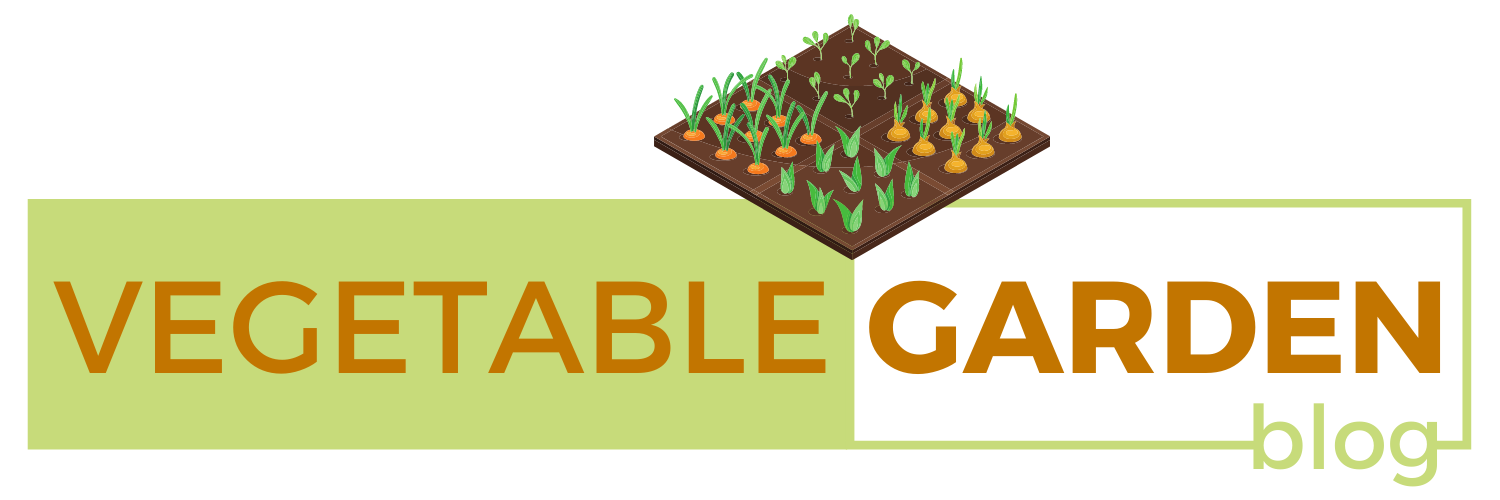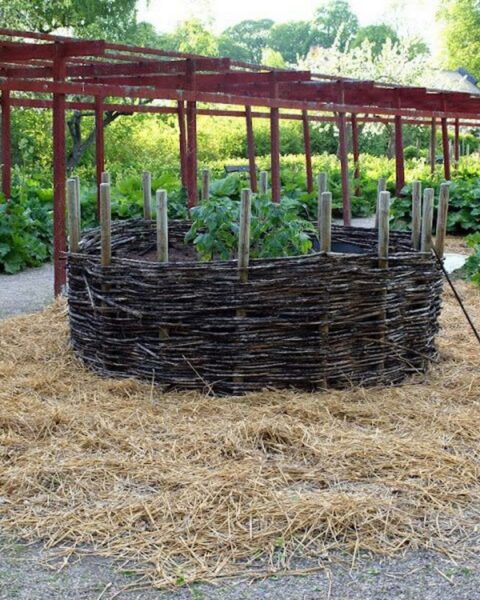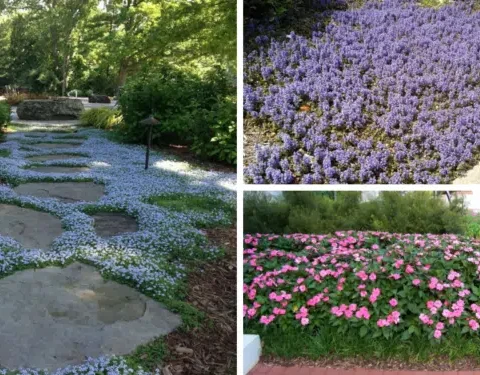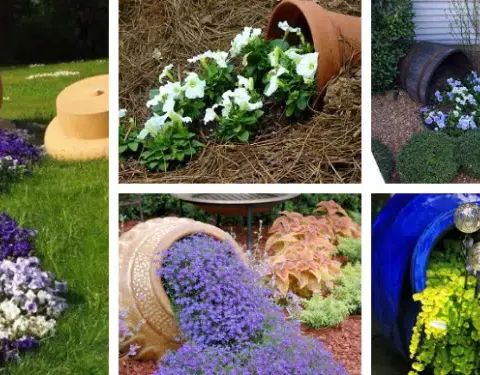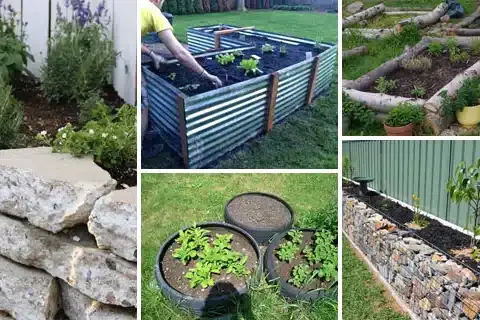Coffee grounds can be used to make natural fertilizer for your plants. Add the coffee grounds to soil and this will provide all of the necessary nutrients, such as nitrogen, potassium, sulfur and phosphorus in order to help with plant growth.
Coffee ground compost is also a good way that you can use food waste like fruits or vegetables peels into something useful instead of trash!
The color of flowers improves when they are exposed to these coffee filters because it provides blueberry extract which helps them grow stronger. Coffee grounds can be used to make compost.
They have a plethora of benefits when it comes to gardening because they are rich in nutrients like protein, nitrogen, fatty acids and essential oils. There are many advantages that we will go over one by one!
1. COFFEE GROUNDS AS COMPOST
When you are rinsing your coffee grounds out of the filter, instead of throwing them away because they seem too dirty or grimy for anything else to do with it.
Toss a handful in your compost pile as an excellent source of nutrients and nitrogen that will help break down all those things we didn’t want anymore anyway! As autumn approaches, it is time to start thinking about the best recipe for composting.
A great way of getting high nitrogen into your garden soil is by adding green materials such as grass clippings and vegetable peel. Brown material ( leaves, paper, etc.) are a good source of carbon that can be added in equal proportions so you get the perfect balance needed when making this fertilizer-rich organic substance called “compost”.
2. COFFEE GROUNDS AS FERTILIZER
You can fertilize your garden with coffee grounds! Coffee is packed full of nutrients and has a great aroma that many animals find irresistible. The first step in making fertilizer is to mix the ground up with some topsoil, then sprinkle it over your raised bed or dirt when broadcasting.
Make sure not to pile too much at one time as this could harm plants if they need more water than usual for survival; make only about half an inch worth each day so you don’t forget any spots on the surface later down the line. If you so desire, coffee grounds can be easily broken down and mixed in with your garden soil.
However, if this is not for you then adding it to the top layer of your flower bed will suffice just as well! You may also choose to use a fork or rake when mixing these caffeinated beans into the ground; doing both should make sure that there are no clumps left behind. For a healthier garden, mix your coffee grounds with the top layer of soil in your flower bed.
You can also add them directly to the earth that is within your garden borders without worrying about harming plants because they are completely non-toxic. For this purpose, you can add a tablespoon of grounds once or twice per week and check on the changes in your plants.
If it suits them then gradually increase the amount that is added to help with nitrogen, phosphorus, and potassium levels which are present on coffee grounds.
3. COFFEE GROUNDS AS MULCH
Mulching with straws and other organic material is too difficult to do, but mulching will be easily accomplished if you use coffee grounds. However, the presence of caffeine in coffee can have a terrible effect on plants (suppressing plant growth) which limits its usefulness as an ingredient for your compost pile or garden bed.
You can use leaves, straw or hay as a mulch to help keep the soil cool during hot weather. Leaves and other organic materials also work well because they decompose over time which adds nutrients back into your garden bed. You could try using shredded paper for an even quicker way of cooling off your plant beds in summertime heat!
4. USING COFFEE AS PESTICIDES OR INSECTICIDES
Pests and unwanted animals can really take a toll on your garden. You might not even see them, but they are destroying the plants in your backyard! If you want to keep these pests away from invading your home turf, try using coffee grounds that will get rid of ants or slugs when sprinkled around those areas of concern.
Coffee is great for repelling insects because it smells like an animal’s natural enemies (think raccoons).
5. USE COFFEE GROUNDS TO SURPASS FUNGAL DISEASE
Fungal diseases like fusarium, lithium, and sclerotinia destroy your plants. Organic materials when rots in your garden’s soil then they will help to stop fungal infections from spreading among the plant life of a given area.
If you add coffee grounds for making compost it can also be used as an organic way to prevent these dangerous bugs such as E.Coli and Staphylococcus which could harm humans that are eating from crops grown on infected land or consuming food contaminated with them via other means (such as our hands).
6. COFFEE GROUNDS AS SOIL AMENDMENT
Transform your flower beds into a coffee garden. Add half an inch layer of moist coffee grounds on top the soil and then add nitrogen fertilizer so that you can decompose this for free, making it easier to get nutrients from! Mixing these two together will be easy with help from a pitchfork or shovel.
Be careful not to leave any leftovers in case they block water absorption and make sure all ingredients are evenly spread out before adding more layers if needed.
WHEN NOT TO USE THEM IN YOUR GARDEN?
Caffeine is not good for your pets, especially cats. It can be very toxic to them and you should take care to use leftover coffee grounds cautiously in the soil of plants that are near or around where they like to play.
You should mix a small amount with compost so as much caffeine will leech into it instead which won’t harm our furry friends!
WHICH PLANTS LOVE THE BLACK WASTE?
Coffee Grounds are the perfect fertilizer for your garden. The addition of coffee grounds will improve soil drainage, texture and nutrient content!
Coffee grounds provide an excellent source of nitrogen, potassium & phosphorus which is key to any plant’s growth. Coffee grounds are a sustainable way to give your plants the nutrients they need – not just water and sunlight. When you sprinkle coffee on top of soil, it attracts earthworms which will help boost the growth of garden vegetables while repelling slugs that might destroy them!
You can use this trick by mixing compost or leftover fiber with some old grinds from breakfast in order to increase production levels for many popular veggies like tomatoes, corn spinach, leafy vegies- even roses and azaleas love having nitrogen around. Every gardener dreams of a bountiful harvest, but with the help of natural organic waste, it’s easy to make this dream come true.
There are many benefits to using only organics in your garden: you’ll have healthy plants that aren’t going through chemical or pesticide treatments and your food will be safer for consumption!
THE MISCONCEPTION ABOUT COFFEE GROUNDS
People are always confused about the acidity of coffee grounds. First, one must understand that pH number is a measure for determining whether something is acidic or alkaline and if it’s neutral in nature.
The unused coffee has an acidic pH while used ones have shifted to near-neutral numbers. What people should also know is that hot water will reduce the acidities of these substances!
CONCLUSION
Coffee grounds are an inexpensive and natural way to make great fertilizer for your garden.
They will not only help build up the organic material in dirt, but also keep weeds from sprouting easily by giving them a nutrient-rich environment that is hard to be fertilized with nitrogen or other nutrients they need.
This article has tips on how you can turn those used coffee grounds into compost so it’s best for gardening soil!
